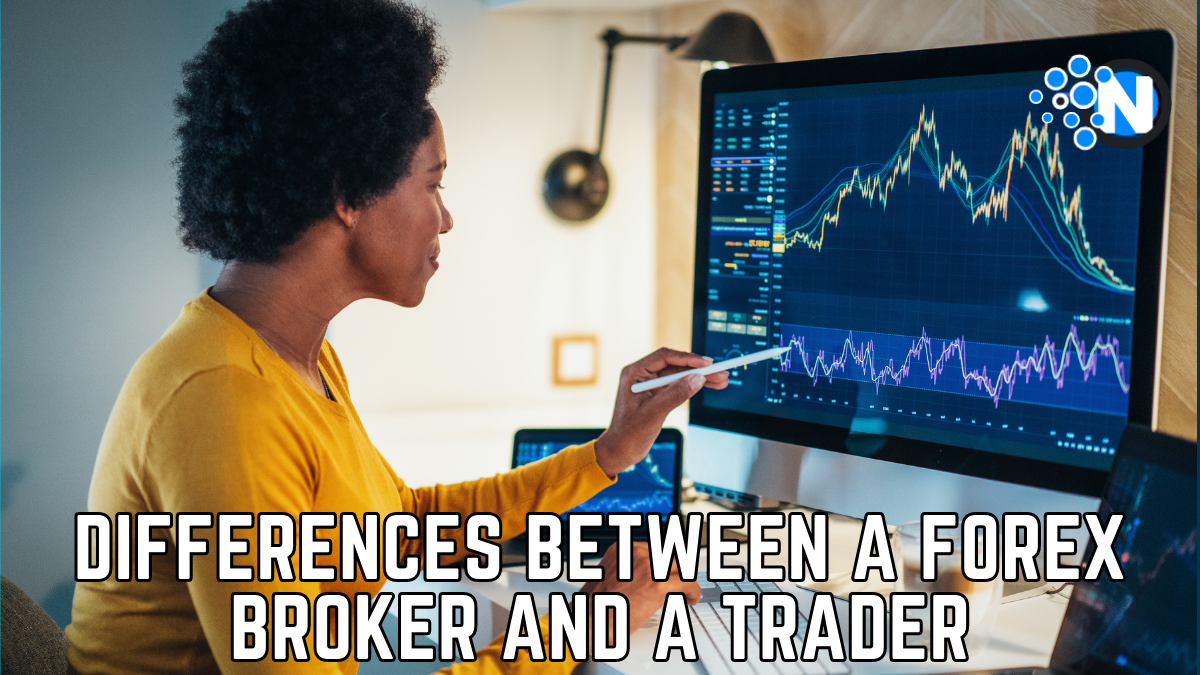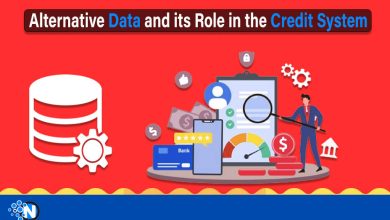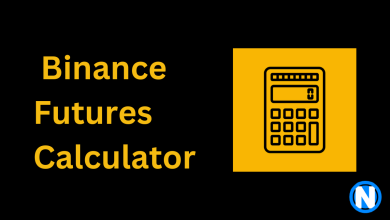Differences Between a Forex Broker and a Trader

Many know brokers and traders as entities whose careers revolve around making money. Because of this, many interchange their uses in the financial industry. However, what many need to realize is that they share distinct differences. The simplistic explanation is that traders use their funds to trade on the stock market. On the other hand, brokers link investors and the stock market and are compensated for their services.
One cannot exist without the other, exactly like two sides of a coin, but there is a little more to it than the corny analogy we just used can convey. Read on as we describe the distinctions between brokers and traders while discussing what they do and how they influence the financial sector. Let’s dive right in.
What Exactly Is a Broker?
A broker is an organization that typically starts as a business and serves as a go-between for traders and the market. Market orders are obtained from clients, otherwise known as traders, by brokers, who then carry them out on the exchange. A trader must go through a broker to purchase or sell a financial item.
Your entry point into the global ecosystem of the stock market is a broker. You must use your brokerage account to trade the market instead of doing it straight. Your broker conducts the legwork of locating a trader prepared to sell to you if you purchase; otherwise, or play the opposing part in every deal you open on the market. A transaction is on the market when two parties are prepared to agree to a contract at an identical price.
Your broker takes care of everything. A broker may search their order book for traders prepared to participate on the opposing side of your trade based on the business structure. Suppose no inner clients have orders that are contrary to yours. In that case, your broker can forward your order to their outside liquidity providers. Other major brokers, hedge funds, and financial institutions frequently use these liquidity sources.

As a market maker, broker forex can represent the other part of your trade by purchasing from you when you decide to sell and selling to you when you desire to buy. Since your earnings would be your broker’s losses and vice versa, there may be a perception that the trader and the broker have a clash of interests in this situation. Typically, the broker will face several traders adopting both sides of its bid-offer price, so this is fine; nonetheless, specific traders pick STP and ECN brokers.
What Exactly Is a Trader?
After explaining a broker to you, let’s present a trader. A trader is an individual whose primary goal when trading on the financial markets, whether professionally or temporarily, is to make money from price changes. When a trader’s evaluation indicates that the fundamental financial tool has an additional perspective for upside, they purchase it. When they determine that a further downside possibility exists, they sell.
Traders come in various forms, such as news and day traders, to mention a few.
Differences between a Broker and a Trader
So what distinguishes a broker from a trader? Between a trader and the market, brokers operate as intermediaries. While certain brokers also possess trading desks, they do not make money by actively trading; instead, they bring together buyers and sellers interested in doing business.
Brokers typically demand a fee in addition to the spread, which is the price discrepancy between the market’s bid and ask prices for their services. A broker earns extra cash when there is excellent trading activity.
Contrarily, traders make money by predicting future changes in market prices. They invest when a stock, currency, commodity, or other financial asset indicates potential for appreciation and sell when there is potential for depreciation.
To find lucrative market trading possibilities, certain traders employ various statistical tools. Technical evaluation, which depends on the idea that past price trends tend to recur later, is the most popular instrument among retail traders.
Choosing the Best Forex Broker: Key Factors to Consider
Selecting the right forex broker is crucial for successful trading. Consider the following factors when choosing a broker:
Regulation and Security: Ensure the broker is regulated by a reputable authority and offers segregated client accounts for enhanced security.
Trading Platform and Tools: Look for a user-friendly platform with advanced tools for analysis and real-time data, available on multiple devices.
Trading Costs and Account Types: Evaluate transparent pricing structures, including spreads and commissions, and choose an account type that suits your needs.
Available Markets and Instruments: Check if the broker offers a variety of markets and instruments beyond forex for diversification opportunities.
Customer Support and Education: Reliable support and educational resources are essential for assistance and improving trading skills.
Deposit and Withdrawal Options: Ensure the broker supports convenient and secure payment methods for deposits and withdrawals.
Demo Accounts and Risk Management: Look for brokers offering demo accounts for practice and risk management features like stop-loss orders.
Reputation and Reviews: Research online to gather feedback and reviews from other traders to assess the broker’s reputation.
Final Thoughts
There are two entirely separate categories of market participants, namely brokers and traders. They have various objectives, sources of money, and occasionally even different passions. One, though, is only possible with the other.
With a brokerage account, traders can take advantage of the world’s financial markets since brokers serve as a liaison between them and the market. It would help if you located a seller ready to sell at the requested price for each buy order. Additionally, you must identify a buyer who will purchase from you for each order you sell.
Brokers offer this kind of service by matching buy and sell orders across a wide range of liquidity providers, whether with the assistance of other traders in their clientele or third-party market players.




